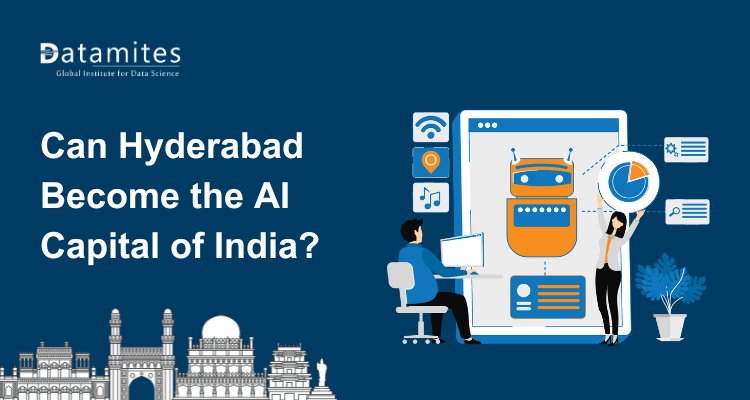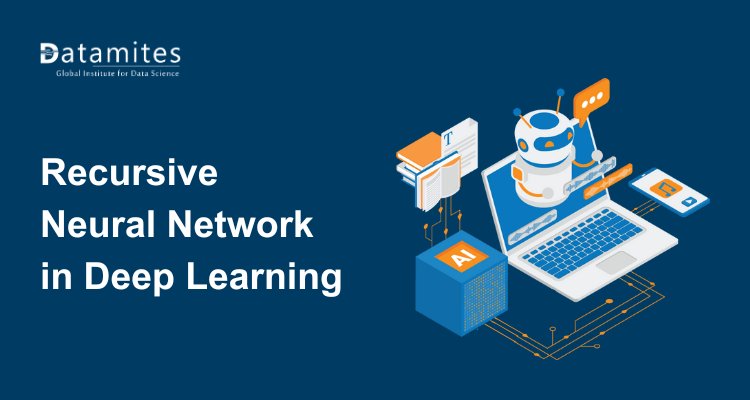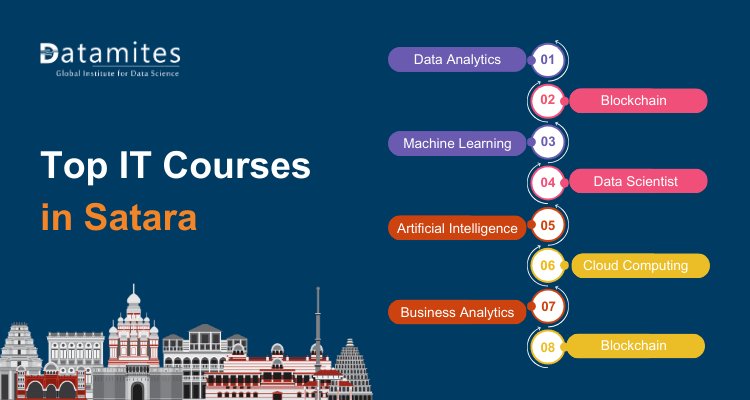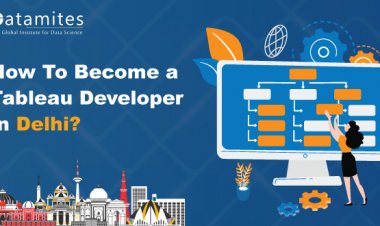What is Artificial General Intelligence (AGI)?
Artificial General Intelligence (AGI) is AI capable of human-level learning, reasoning, and problem-solving across domains. Learn how AGI differs from narrow AI, its potential applications, and current research progress.
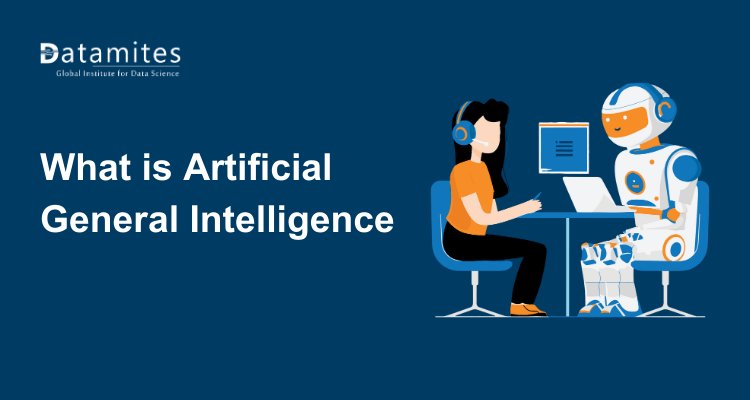
Artificial Intelligence has come a long way, from simple rule-based systems to advanced machine learning models capable of solving complex problems. Yet, most of today’s AI systems are highly specialized, they excel in specific tasks but fail to adapt outside their domain. This is where Artificial General Intelligence (AGI) steps in. Often called human-level AI, AGI refers to machines with the ability to understand, learn, and apply knowledge across a wide range of tasks much like humans do.
In this article, we’ll explore what artificial general intelligence (AGI) is, how it differs from other forms of AI, its theoretical foundations, potential applications, ongoing research, and what the future might hold for this revolutionary technology.
What is Artificial General Intelligence (AGI)?
Artificial General Intelligence (AGI) is the concept of an AI system that can think, reason, learn, and adapt across different domains without being specifically programmed for each task. Unlike current AI, which requires massive datasets and is limited to its training scope, AGI aims to replicate the cognitive flexibility of the human brain.
Key attributes of AGI include:
- Adaptability: The ability to apply knowledge from one context to another.
- Reasoning: Logical thinking and problem-solving without pre-defined rules.
- Learning from minimal data: Just as humans can grasp concepts from a few examples.
- Self-improvement: The capability to enhance its own knowledge base over time.
If realized, AGI could handle an extensive range of tasks from diagnosing complex diseases to composing original music without requiring dedicated algorithms for each function. Today, over 1.7 million industrial robots are already operating worldwide, delivering high efficiency across various industries.
Refer these below articles:
- Human Intelligence vs Artificial Intelligence: Key Differences and Insights
- What is Semantic Networks in Artificial Intelligence
- Agentic AI vs Generative AI: What’s the Difference?
How Artificial General Intelligence Differs from Other AI Types
To truly grasp the concept of artificial general intelligence (AGI), it’s essential to see how it stands apart from other categories of AI:
1. Artificial Narrow Intelligence (ANI) – Today’s Mainstream AI
- Often referred to as “weak AI”, ANI is built to excel at a single, well-defined task.
- It cannot operate beyond its programmed domain or adapt to unrelated problems.
- Examples include Google Translate for language translation, Siri for voice assistance, and even advanced chatbots like ChatGPT (in its current form).
- While powerful within its niche, ANI lacks true understanding or common-sense reasoning.
2. Artificial General Intelligence (AGI) – Human-Level Intelligence
- AGI can perform any intellectual task a human can, across multiple fields and contexts.
- It’s capable of learning, reasoning, and applying knowledge in new and unfamiliar situations.
- Unlike ANI, AGI has contextual awareness and common-sense reasoning, allowing it to solve problems without being explicitly programmed for them.
3. Artificial Superintelligence (ASI) – Beyond Human Capability
- A hypothetical future stage of AI development that surpasses the cognitive abilities of humans in every domain from creativity and strategy to emotional intelligence.
- ASI could bring unprecedented opportunities, such as solving global challenges, but also significant risks, making ethical considerations crucial.
ANI is already part of our daily lives, AGI is still in development, and ASI remains purely theoretical yet widely debated among scientists, ethicists, and futurists.
Theoretical Foundations of Artificial General Intelligence
The development of AGI is rooted in several academic and technological disciplines:
- Cognitive Science – Understanding how human learning, memory, and reasoning work.
- Neuroscience – Studying brain structures to replicate human-like thinking in machines.
- Computer Science & Machine Learning – Building algorithms that can generalize knowledge across domains.
- Philosophy of Mind – Exploring consciousness, reasoning, and ethics of intelligent systems.
Experts frequently debate whether AGI should replicate the human brain’s architecture through neuromorphic computing or be built using purely mathematical models that can deliver similar capabilities. Meanwhile, the number of AI-powered voice assistants is projected to reach nearly 8 billion by 2025.
Potential Applications of Artificial General Intelligence
If successfully developed, AGI could revolutionize nearly every industry:
Healthcare
- Diagnose rare diseases with minimal patient data
- Develop personalized treatment plans
- Discover new drugs faster through autonomous research
Scientific Research
- Generate and test hypotheses independently
- Solve complex problems in physics, chemistry, and biology
Robotics
- Enable robots to handle unpredictable environments
- Power autonomous machines for disaster response or deep-space exploration
Business and Finance
- Analyze global markets in real-time
- Develop adaptive business strategies
- Automate high-level decision-making
Creative Industries
- Compose music, write books, or create visual art with human-like originality
The versatility of AGI offers virtually limitless applications but equally significant challenges. According to ABI Research, the global Artificial Intelligence (AI) software market was valued at US $122 billion in 2024 and, with a projected compound annual growth rate (CAGR) of 25%, is expected to soar to US $467 billion by 2030.
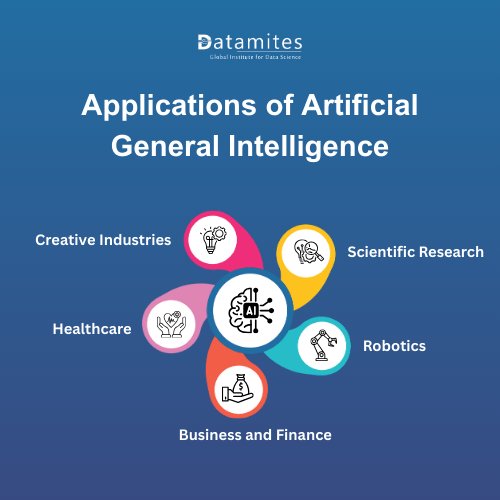
Current Research and Progress of Artificial General Intelligence
While true artificial general intelligence (AGI) does not yet exist, several research labs, universities, and tech giants are actively working toward it combining innovations in machine learning, neuroscience, and cognitive science.
Leading Organizations in Artificial General Intelligence Research:
- OpenAI – Developing advanced large language models like GPT-4 and exploring reinforcement learning to make AGI scalable and safe. Their AI alignment research focuses on ensuring AGI acts in accordance with human values.
- DeepMind – Famous for AlphaGo, AlphaZero, and Gato, a single model capable of performing multiple different tasks. Gato has been cited as a step toward AGI due to its ability to handle text, images, and robotic control within one system.
- IBM Research – Working on neuro-symbolic AI, which blends data-driven learning with logical reasoning. This approach aims to give AGI a deeper contextual and common-sense understanding.
- Academic Institutions – Universities like MIT, Stanford, and University of Oxford are pioneering in cognitive modeling, AGI safety, and hybrid AI systems inspired by human brain function.
Recent Research Progress:
- Transfer Learning Advances – Google AI researchers have developed models that transfer knowledge from language tasks to visual understanding, indicating a step toward multi-domain intelligence.
- Few-Shot and Zero-Shot Learning – OpenAI’s GPT models can perform tasks with little or no prior examples, showing an early form of adaptability, a key trait of AGI.
- Neuro-Symbolic Systems – IBM’s Project Debater combines structured reasoning with machine learning to engage in complex debates and logical argumentation.
- Embodied AI Experiments – DeepMind and Meta AI are training AI agents in simulated 3D worlds to improve their spatial reasoning, decision-making, and real-world adaptability.
Despite these breakthroughs, most experts believe AGI is still one to two decades away. The main barriers include replicating human-level common-sense reasoning, long-term memory, and self-awareness areas where current AI models still fall short.
Read these below articles:
The Future of Artificial General Intelligence
The emergence of artificial general intelligence has the potential to be one of the most transformative milestones in human history. Possible future scenarios include:
- Human–AI Collaboration: AGI could work alongside humans to tackle global challenges such as climate change, eradicating diseases, and accelerating space exploration.
- Fully Autonomous Systems: Advanced AGI might manage governance, infrastructure, and global logistics entirely on its own, streamlining operations at a scale never seen before.
- Ethical and Safety Challenges: A critical priority will be ensuring AGI systems align with human values, remain transparent, and never act against humanity’s interests. Strong global AI governance will be essential to prevent misuse.
- Philosophical Questions: If AGI were to develop consciousness, would it deserve rights? How might human identity, purpose, and societal roles evolve in a world shared with equally intelligent machines?
While experts remain divided on whether AGI will usher in a golden era or pose an existential threat, one fact is undeniable, the time to prepare is now.
Artificial General Intelligence (AGI) represents the next frontier in AI, a system capable of thinking, learning, and adapting like a human across multiple domains. While today’s AI is narrow and task-specific, AGI promises unprecedented versatility and problem-solving power. The road to AGI is filled with technical, ethical, and philosophical challenges. But with responsible development, global cooperation, and robust safety measures, AGI could unlock solutions to humanity’s most pressing problems.
Artificial Intelligence is reshaping the future of work, and Chennai is fast becoming a key center for this change. Whether you’re a student, a technology enthusiast, or a professional seeking to enhance your skills, now is the ideal time to step into the world of AI. Artificial Intelligence Institute in Chennai can open up exciting career opportunities and equip you with the expertise needed to thrive in today’s tech-driven era.
DataMites Artificial Intelligence Institute in Hyderabad offers a comprehensive AI training program tailored for both newcomers and experienced professionals. The curriculum emphasizes practical learning through real-world projects, expert mentorship, and strong placement support perfect for those aiming to grow in Hyderabad’s thriving tech sector. Graduates earn internationally recognized certifications from IABAC and NASSCOM FutureSkills, enhancing their professional profile and opening doors to better opportunities in the competitive AI landscape.

